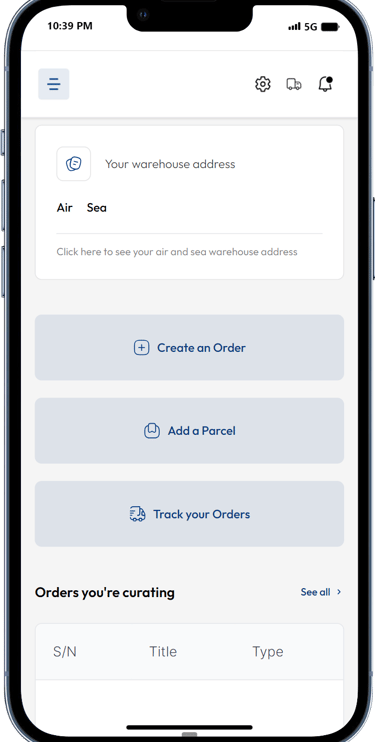10 Tips to Reduce Shipping Costs from China to Nigeria and Improve Importing Efficiency


Introduction
Shipping costs can be a significant expense when importing goods from China to Nigeria. However, with some careful planning and smart strategies, you can save a substantial amount of money on shipping. In this blog post, we will share 10 tips to help you reduce shipping costs and make your importing process more cost-effective.
1. Consolidate Your Shipments
One of the most effective ways to save on shipping costs is to consolidate your shipments. Instead of shipping multiple small orders, try to combine them into one larger shipment. This will not only reduce the shipping cost per unit but also minimize the handling fees and customs clearance charges.
2. Choose the Right Shipping Method
There are various shipping methods available, such as air freight, sea freight, and express courier services. Each method has its own pros and cons in terms of cost, speed, and reliability. Analyze your requirements and choose the most suitable shipping method for your business. For larger and less time-sensitive shipments, sea freight is usually the most cost-effective option.
3. Negotiate with Freight Forwarders
Don't be afraid to negotiate with freight forwarders or shipping agents. They may be able to offer you better rates or discounts, especially if you are a regular customer or have a large volume of shipments. Compare quotes from different providers and try to negotiate the best deal for your business.
4. Optimize Packaging
Efficient packaging can help you save on shipping costs. Use packaging materials that are lightweight but still provide adequate protection for your goods. Avoid excessive packaging or using oversized boxes, as they can increase the dimensional weight and result in higher shipping charges. Also, consider using flat-pack or stackable packaging to maximize the use of space.
5. Take Advantage of Shipping Insurance
While shipping insurance may add to the overall cost, it can be a lifesaver in case of any damage, loss, or theft during transit. It is always wise to opt for shipping insurance, especially when dealing with valuable or fragile items. This way, you can have peace of mind knowing that you are protected financially.
6. Be Aware of Customs Regulations
Understanding the customs regulations of both China and Nigeria can help you avoid unnecessary delays and additional charges. Make sure you have all the necessary documentation and comply with the customs requirements of both countries. This will help streamline the customs clearance process and prevent any unexpected fees or penalties.
7. Consider Using a Freight Forwarder
Working with a reliable freight forwarder can save you time, money, and headaches. Freight forwarders have extensive knowledge and experience in handling international shipments. They can help you navigate through the complexities of shipping, provide guidance on customs procedures, and negotiate better rates with shipping carriers.
8. Track Your Shipments
Tracking your shipments is crucial to ensure their timely arrival and to address any issues that may arise during transit. Most shipping carriers provide online tracking services that allow you to monitor the progress of your shipments. By staying informed about the status of your shipments, you can take proactive measures to resolve any potential problems and avoid additional costs.
9. Opt for Partial Shipments
If you have urgent orders or need to restock your inventory quickly, consider opting for partial shipments. Rather than waiting for all your goods to be ready for shipment, you can ship a portion of your order in advance. This way, you can start selling or using the goods while the rest of the order is being prepared. Although this may incur additional shipping costs, it can help you generate revenue and maintain a steady supply of products.
10. Plan Ahead
Last-minute shipping arrangements can be costly. To save on shipping costs, plan your orders and shipments well in advance. This will give you enough time to compare shipping rates, negotiate with freight forwarders, and make the necessary arrangements. By being proactive and organized, you can avoid rush fees and ensure a smooth and cost-effective shipping process.
Conclusion
Reducing shipping costs from China to Nigeria requires careful planning, smart strategies, and effective execution. By consolidating shipments, choosing the right shipping method, negotiating with freight forwarders, optimizing packaging, and staying informed about customs regulations, you can significantly save on shipping expenses. Additionally, working with a freight forwarder, tracking your shipments, opting for partial shipments when necessary, and planning ahead will further contribute to cost savings. Implement these 10 tips and watch your shipping costs decrease, allowing you to maximize your profits and grow your business.


